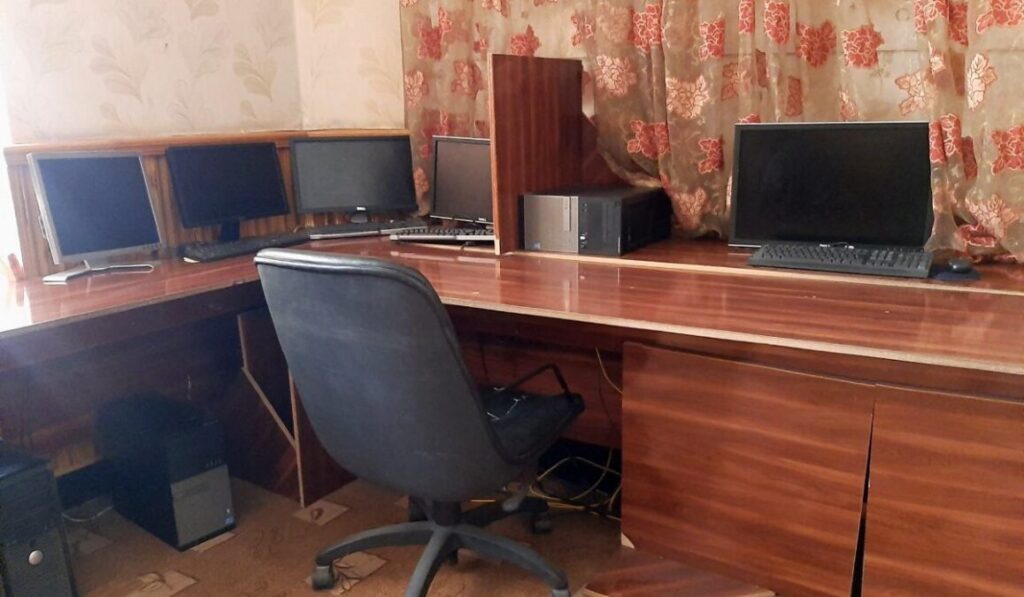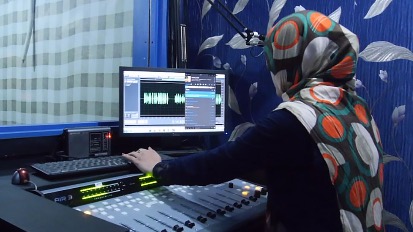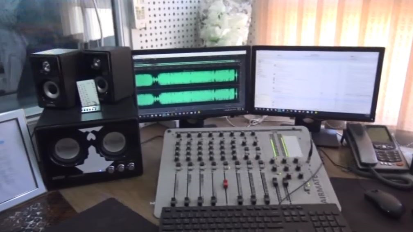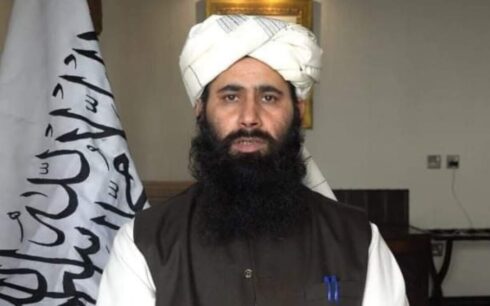A number of Afghan media outlets and journalists raised concerns this week over financial challenges and the lack of access to information that they are facing in the western province of Herat in Afghanistan.
Nearly 18 months after the Taliban regained control of Afghanistan, financial difficulties have forced private media companies to let go of staff, which employees say is having a negative impact on the production quality of programs.
Salim Sadid, head of a local media outlet in Herat, said: “The media cannot work as it was in the past and this has caused the performance of the media to weaken. There are some areas where media coverage is less.”
Abdullah, an Afghan reporter, raised his voice about the lack of access to information, stating: “There is no specific law for journalists to work under it. Officials sometimes do not cooperate with journalists, and sometimes journalists are harassed during news coverage and protest movements. In addition, after the new government (Taliban) regained power; economic problems caused the media and journalists to decline. Some people gave up media work, and some others continue to work for a lower salary.”
Journalists in Herat province emphasized the need for support for media outlets and Afghan journalists in order to preserve “freedom of expression.”
Wali Shah Bahra, a media affairs analyst, said: “The media is a basic pillar of society and there is an urgent need for officials of the current government to support and provide facilities for the media within the framework of the law and the effective contents of the country.”
“In a society where the media does not operate and does not have freedom, that society would plunge into complete darkness,” he added.

Bahra suggested that media outlets and journalists must hold meetings to identify their problems and share these obstacles with the Taliban authorities, stating that the Taliban caretaker government is responsible for resolving the problems of the media in the country.
Farid Ahmad Ayubi, the head of the media office of the Taliban’s information and culture directorate of Herat stated that they are trying to improve conditions for media activity in the province.
Hamidullah Mutawakkil, a spokesperson for the Herat governor, said that all provincial administrations have been instructed to cooperate with journalists and that “all departments are ready to provide swift information as per requests by the media and journalists.”
Mutawakkil assured journalists of the Taliban’s support of media outlets within the framework of the law.
This comes after dozens of media outlets were forced to shut down following the takeover by the Taliban in August 2021.
According to findings of the Afghanistan Journalists Center (AFJC), more than 300 out of 600 media outlets, including radio; television; print, and online media outlets, closed across the country in 2022. Meanwhile, hundreds of Afghan journalists were forced to leave Afghanistan following the takeover of the Taliban.

The International Federation of Journalists (IFJ), however, recently announced that the attack against the media has increased since the Taliban came into power in Afghanistan.
According to the IFJ, 153 media outlets were forced to stop operations and female journalists prevented from working.
Currently, around 30 media outlets are operating in Herat province – all of which are in dire need of financial support to continue operations.





